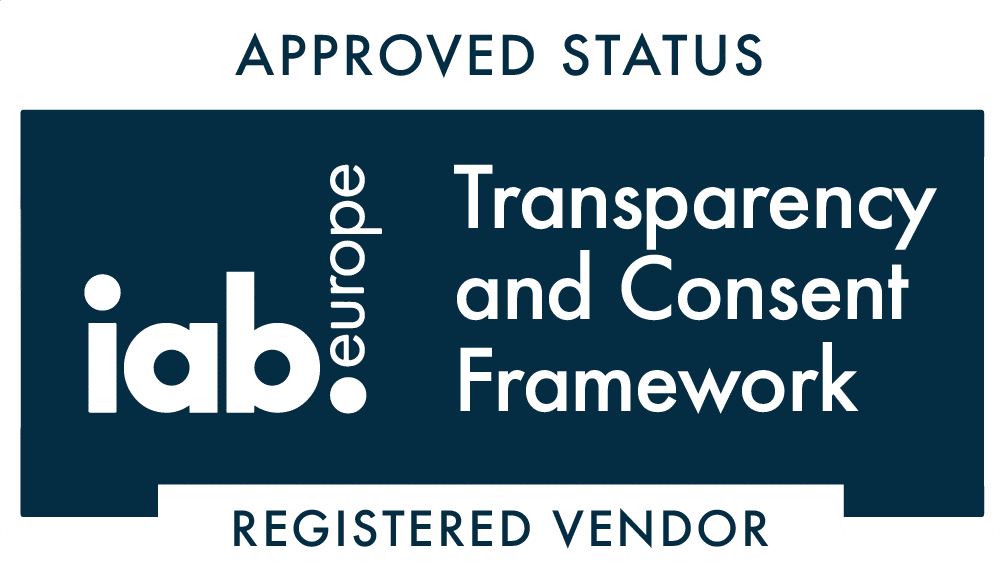Mozilla have boarded the anti-advertising bandwagon and announced a series of “Anti-tracking” measures to be included in future versions of the Firefox browser. Some of these measures are already available to users of the nightly-builds of Firefox, but will begin to be enabled by default from Firefox 63 onwards.
The announcement gives little details about exactly what will be blocked, and is largely focused on performance rather than security or privacy. The first measures to be considered for general release will be the blocking of “slow-loading trackers”. This will be tested during September with the aim of rolling out as a default setting in Firefox 63. No definition of either “tracker” or “slow” was provided in the announcement.
By Firefox 65 the browser will also “strip cookies and block storage access from third-party tracking content”. No further information was provided about what will be considered “third-party tracking content” or how this will differ in practice to the handling of “slow trackers”. Future releases may also tackle issues such as injected crypto-mining scripts and device fingerprinting.
Firefox has a declining share of the browser market, but still accounts for just under 9.8% of desktop browser use. Share in Tier 1 countries and mobile devices is considerably lower.






